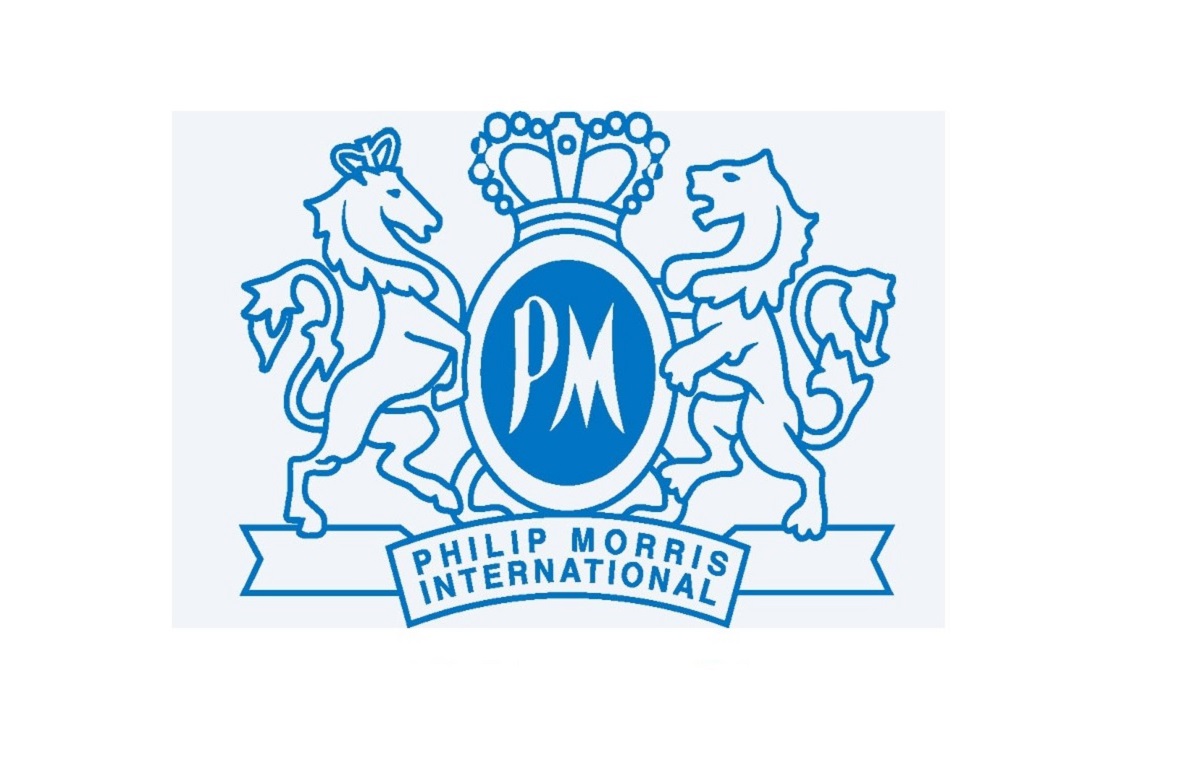On Anti-Smuggling Day 2025, IPM India, the Indian affiliate of Philip Morris International Inc. (PMI), has highlighted the urgent need for cross-sector and international collaboration to combat the illicit tobacco trade. The company emphasized that addressing this issue is crucial for protecting India’s economic stability, national security, and public health. The FICCI Cascade report underscores the impact of the global illegal trade, which contributes to a shadow economy valued at $2 trillion annually, over 3% of global GDP. Approximately 11.6% of cigarettes consumed worldwide are illicit, leading to $40.5 billion in tax losses. In India, illicit tobacco trade cost the government ₹13,331 crore in 2022, with illegal cigarette volumes reaching 30.2 billion sticks, positioning India as one of the most affected nations after China and Brazil, according to Euromonitor International’s 2023 report.
The World Health Organisation (WHO) Framework Convention on Tobacco Control identifies India as both a transit hub and a key market for illicit tobacco. Smuggling networks span across borders, making this a global concern that demands coordinated international efforts. While Indian enforcement agencies, including the Directorate of Revenue Intelligence (DRI) and Customs, have stepped up crackdowns, illicit trade remains a persistent issue. The DRI report ‘Smuggling in India 2023-24’ states that approximately 91 million sticks of smuggled foreign-origin cigarettes, worth ₹179.82 crores, were seized in the country.
Navaneel Kar, Managing Director of IPM India, stressed the importance of immediate action, stating, “Illegal tobacco trade threatens economic growth and security. Protecting consumers from counterfeit products and preventing smuggling is essential. PMI continues to combat illicit tobacco trade through research, supply chain protection, partnerships, law enforcement cooperation, and awareness campaigns.” Industry experts highlight the need for a comprehensive strategy that includes stringent enforcement, public awareness initiatives, intelligence sharing, and robust public-private partnerships. A predictable regulatory and fiscal environment is essential to dismantling the black market and safeguarding legitimate businesses.



















+ There are no comments
Add yours